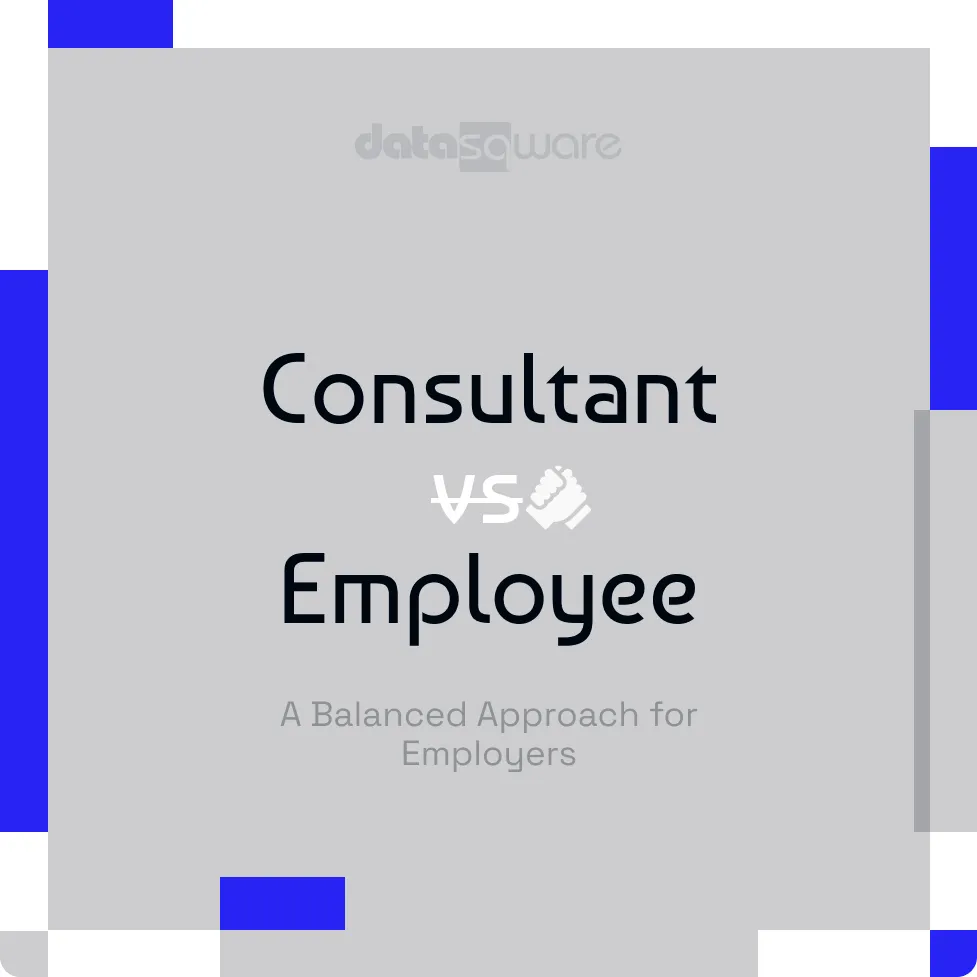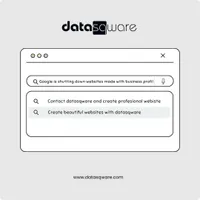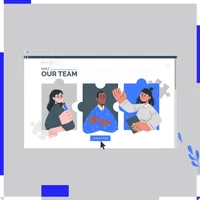Consultant vs. Employee: A Balanced Approach for Employers
Explore the balanced approach employers should take to value both consultants and employees for sustainable success. Leverage for business success.
 -->
-->
In the business world, the relationship between employees and consultants has always been a delicate topic for employers. These two distinct roles contribute differently to the success of a company but are often not equally valued. While the consultant brings new knowledge and fresh perspectives, the employee is the operational backbone of every company, ensuring that daily tasks run smoothly. However this balance is often skewed, with excessive importance placed on the consultant. This article explores the importance of maintaining a balanced approach to valuing both consultants and employees, highlighting the unique contributions each brings to the table and how employers can foster a more inclusive and appreciative work environment.
An External Eye for New Perspectives
The consultant is typically brought in to address specific challenges, propose new strategies, or review existing processes. They act as an external observer, uninfluenced by the company’s daily routine and norms. This allows the consultant to “think outside the box” and offer solutions that employees, deeply engaged in daily operations, might overlook.
One of the consultant’s key advantages is the flexibility to work with multiple companies, accumulating knowledge across various industries. This broad experience enables them to adapt best practices and introduce them to a specific business.
Additionally, consultants provide specialised expertise, which is especially valuable when a company lacks the necessary resources for a particular job profile.
This support is essential when the required expertise falls outside the company’s core business / daily operations, or when it’s aimed at empowering employees to enhance their skills and performance.
The Company’s Daily Engine
On the other hand, employees keep the company on track by following its mission and vision and carrying out daily operations. They are the ones who build stable client relationships, manage processes, and ensure that every project or service is delivered with quality. Employees are the heart and soul of any company, as without them, every idea, plan, or strategy would remain just on paper.
A smart employer should recognise that employees make it possible for any strategic change to be implemented. Without their full support, any idea from a consultant would fail in practice. They know the company’s culture and internal processes better than anyone and can adapt any new proposal to the organisation’s everyday reality. At the same time, employees should approach consultants without seeing them as competitors or fearing replacement. Instead, they should see consultants as collaborators, brought in to complement their skills and strengthen the team.
However, problems arise when employees start to see themselves as “landlords” of a process, believing it’s theirs to control. When ego takes over, they may resist collaboration, block feedback, and act as if they have sole ownership over how things should be done.
This possessive mindset not only disrupts internal innovation and communication but also obstructs the consultant’s work. Instead of welcoming the consultant’s expertise, they perceive it as a threat, which ultimately leads to the breakdown of the process.
The Balance
The problem arises when employers fail to value both sides equally. In multiple markets, it often happens that the consultants are seen as the “messiah” saving the company, while employees are undervalued or treated as a replaceable part of the machine. The consultant is treated with respect and considered an outstanding professional, whereas employees, unfortunately, in many cases, are seen as company property, subject to authoritative tones and harsh criticism for even the smallest mistakes.
There are also multiple cases when an employee’s need for dominance creates unnecessary friction, and can cause the entire project to falter. They manage to block the consultant’s work, often seeing the external expert as a threat rather than a resource. This behaviour not only halts progress but also creates a toxic work environment where collaboration is impossible. The consultant’s valuable insights get lost in the pushback, and the project suffers due to internal resistance and personal egos clashing with professional goals.
One of the primary goals of an employer should be to build an organisational culture where everyone feels appreciated for their role. Consultants and employees should be treated with the same respect and given space to express their thoughts. A consultant may provide new perspectives and suggest major changes, but without employees who embrace and implement these changes, no progress will be sustainable. In the end, neither consultants nor employees can drive meaningful change alone.
The right Approach
To achieve long-term success, employers need to adopt a balanced approach. Here are some steps they can take to create a fair and productive environment:
- Valuing both sides equally: Both the consultant and the employee should be recognised for their contributions and treated with mutual respect.
- Open and fair communication: Using a collaborative tone with both sides, giving each space to express their thoughts and ideas.
- Promote Collaboration: Consultants should work closely with employees to ensure their proposals are practical and that changes integrate seamlessly into the company’s daily operations
- Organisational culture: Employers must understand the importance of creating a culture that motivates both sides and makes them feel valued and respected.
Conclusion
Ultimately, the approach to consultants and employees should be a balance between mutual respect and responsibility. The consultant can bring new ideas and fresh perspectives, while the employee ensures those ideas are successfully implemented on the ground. Such a balanced approach creates a healthy work environment where both parties feel valued and motivated to contribute to the company’s success. Employers who understand and practice this approach will be the ones who succeed in creating a sustainable and productive environment.
At Datasqware, we take the right approach in our consultancy services by not just providing external advice but by partnering closely with the business and employers, empowering both. Our focus on collaboration is to ensure that the company’s goals are achieved effectively, aligning strategies with operations to drive the desired results.
We don’t just work on projects; we work alongside your team, involved to make sure every change is integrated and impactful.
Blog Posts
Discover the latest trends, tips, and best practices in digital landscape. From design systems, to software development and digital growth, stay updated with our latest insights.
View all articlesDiscover the impact of Google discontinuing free websites and how Datasqware's services can help businesses establish a professional online presence. Explore alternatives and solutions for your website needs.
Explore UI/UX design trends 2025 to boost conversions by 30%. Datasqware’s UI UX design services create user-friendly interfaces that drive sales.
Exploring how Outstaffing and BPO is transforming traditional hiring practices. Discover the benefits and future trends of outstaffing in the modern workforce.
Get started with us
Transform your business into a selling machinery with our expert consultancy services. We help you identify and overcome obstacles, implement digital solutions, and drive sustainable growth.
Empowering Busineses with design and development of softwares, applications, graphics, projects & concepts that convert and sell. Building Excellence through Data-Driven Consultancy Square by Sqware
© 2025 Datasqware, All rights reserved.



